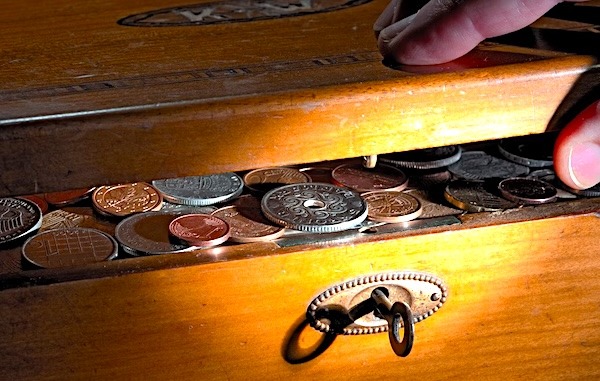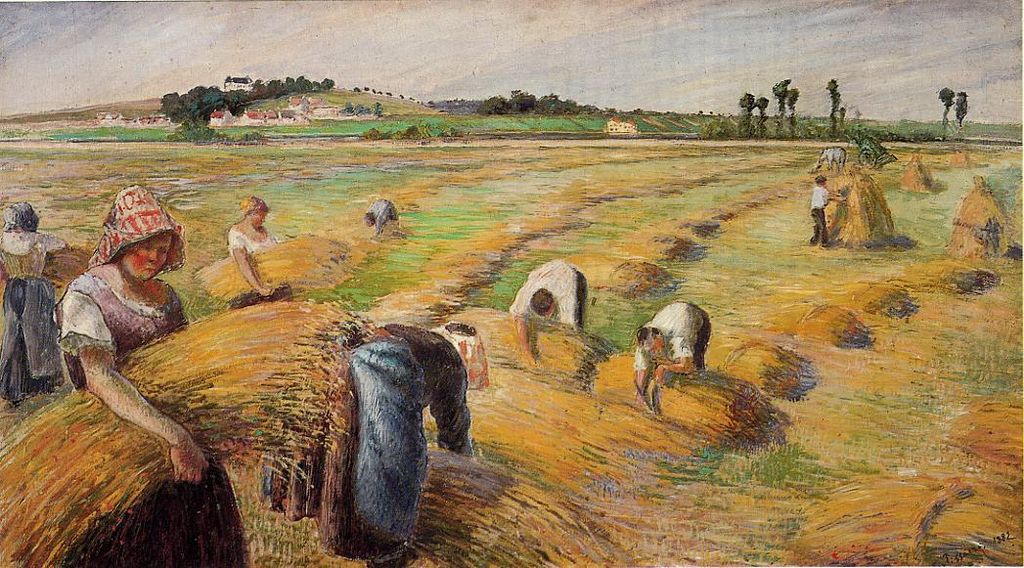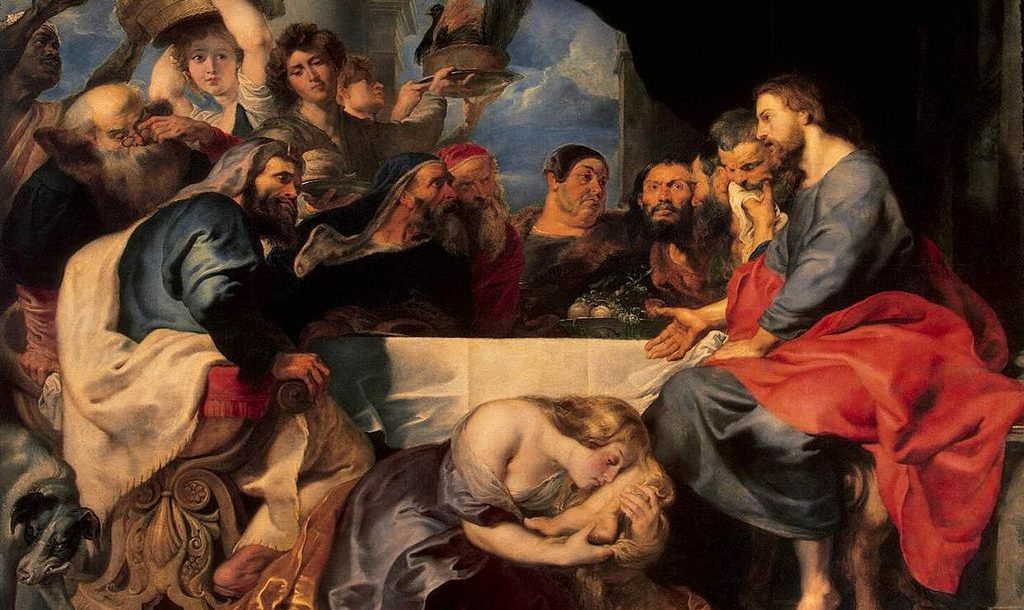by Lois Tverberg
“A farmer went out to sow his seed. As he was scattering the seed, some fell along the path, and the birds came and ate it up. Some fell on rocky places, where it did not have much soil. It sprang up quickly, because the soil was shallow. But when the sun came up, the plants were scorched, and they withered because they had no root. Other seed fell among thorns, which grew up and choked the plants. Still other seed fell on good soil, where it produced a crop — a hundred, sixty or thirty times what was sown.”
Matthew 13:3-8
To explain how people would receive his message, Jesus told a parable about four types of soils, representing four kinds of responses to his ministry. Interestingly, Jesus was using a classic rabbinic teaching method — the “Four Types” parable, that presented four possible behaviors and their results. Other rabbis of Jesus’ day also used parables of this style, as the following example illustrates:
There are four types among those who sit in the presence of the rabbis: the sponge, the funnel, the strainer, and the sieve. “The sponge,” which soaks up everything. “The funnel,” which takes in at this end and lets out at the other. “The strainer,” which lets out the wine and retains the dregs. “The sieve,” which removes the chaff and dust and keeps the grain. (Pirke Avot, 5:17)
It is interesting to see how this saying parallels that of Jesus. It also talks about people who listen to a rabbi, describing how they remember and respond to his teachings. Our initial reaction may be to think that it is best to be like the sponge which retains everything, and the worst to be the funnel, that loses everything. But the other two options give us more insight. The wine strainer is even worse than the funnel, because it lets the good wine go right through, but retains the waste. The grain sieve is the best model for us, because it retains the good grain but removes the chaff and dirt.

This parable is a good lesson for us as we learn from pastors and spiritual leaders. With the exception of Christ, all our teachers will have some “dross” in with the silver, which means we must listen with discernment. We might be tempted to find a charismatic leader or authoritative author and become a “parrot” who repeats everything uncritically. Or even worse, we can get enamored with odd, debatable points from a teacher, but miss the good ideas that he has shared. If we want to truly grow in wisdom, we need to be like the Bereans1, who held up all teaching to the Scriptures for soundness (Acts 17:11). We then need to subject every doctrine to the mind of Christ, to make sure it reflects his loving, gracious heart.
1 “Now the Bereans were of more noble character than the Thessalonians, for they received the message with great eagerness and examined the Scriptures every day to see if what Paul said was true.” Acts 17:11
Photo: Herrad von Landsberg








 people to obey God’s word and stay far from sin. One technique they employed was to point out how seemingly small sins can evolve into much greater sins. (1) This was called kalah ka-hamurah (“light as heavy”), an abbreviation of mitsvah kalah ka-mitsvah hamurah (“a light commandment is like a heavy commandment”). In other words, kalah ka-hamurah relays the sense that breaking a less significant law is linked to breaking a greater law. The same style of logic appears in Jesus’ teaching when he compares anger to murder and lust to adultery (Mt 5:22-23, 27-28).
people to obey God’s word and stay far from sin. One technique they employed was to point out how seemingly small sins can evolve into much greater sins. (1) This was called kalah ka-hamurah (“light as heavy”), an abbreviation of mitsvah kalah ka-mitsvah hamurah (“a light commandment is like a heavy commandment”). In other words, kalah ka-hamurah relays the sense that breaking a less significant law is linked to breaking a greater law. The same style of logic appears in Jesus’ teaching when he compares anger to murder and lust to adultery (Mt 5:22-23, 27-28).



 with them and replace them with the Gentile Christian church. A careful reading of the parable in light of its first-century Jewish context can yield important insights.
with them and replace them with the Gentile Christian church. A careful reading of the parable in light of its first-century Jewish context can yield important insights.